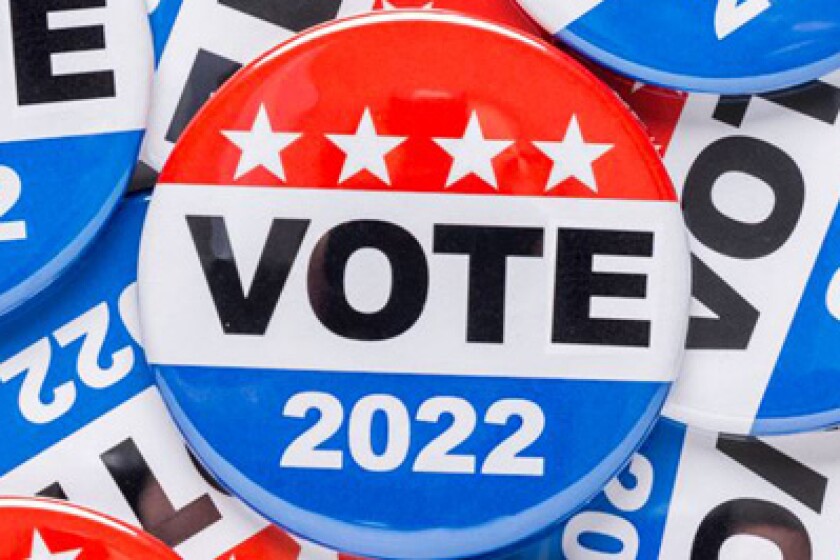
California has a tendency to address some concerns by overregulating personal behavior rather than reforming existing enforcement laws. Proposition 31 is a case in point. It is illegal for people under the age of 21 to purchase tobacco products at all. If there is truly an enticement to youth to want flavored tobacco, it’s still illegal.
This measure addresses the continued operation of SB 793 passed in 2020 that bans the sale of flavored tobacco products entirely as if that, not improved enforcement of the existing laws, will stop young people from smoking.
There is not much to say about this one way or the other morally. No one wants kids to smoke. The idea that this measure, already a law, will prevent their nicotine habit from occurring is neither proven nor rebuttable.
Enforcement of the existing laws on prohibition of sales to underage people seems better, but this law is on the books and prohibits even grown adults from acquiring flavored products.
A recent study (2018) showed that enforcing ID laws changed both access to cigarettes by minors and changed their views on smoking to a normative non-smoking pattern of belief. (How can a ban on tobacco sales to minors be effective in changing smoking behaviour among youth? — A realist view — ScienceDirect).
Also in 2018, the National Library of Medicine published a study of 675 Southern California independent tobacco retailers. They found only 41% of the stores were fully compliant with the ID laws. 11% had no compliance at all. Another 41% had regulations in-store but were lax in their handling of the demand for ID. Clearly this has an impact on underage access.
It seems clear that flavored or unflavored tobacco has less to do with whether or not young people begin smoking than does effective implementation of the laws requiring ID.
A YES vote means you wish to uphold the existing law. A NO vote means you wish to overturn the ban on flavored tobacco products. CCCI takes no position. To us it is better to enforce existing laws on sales to underage people.


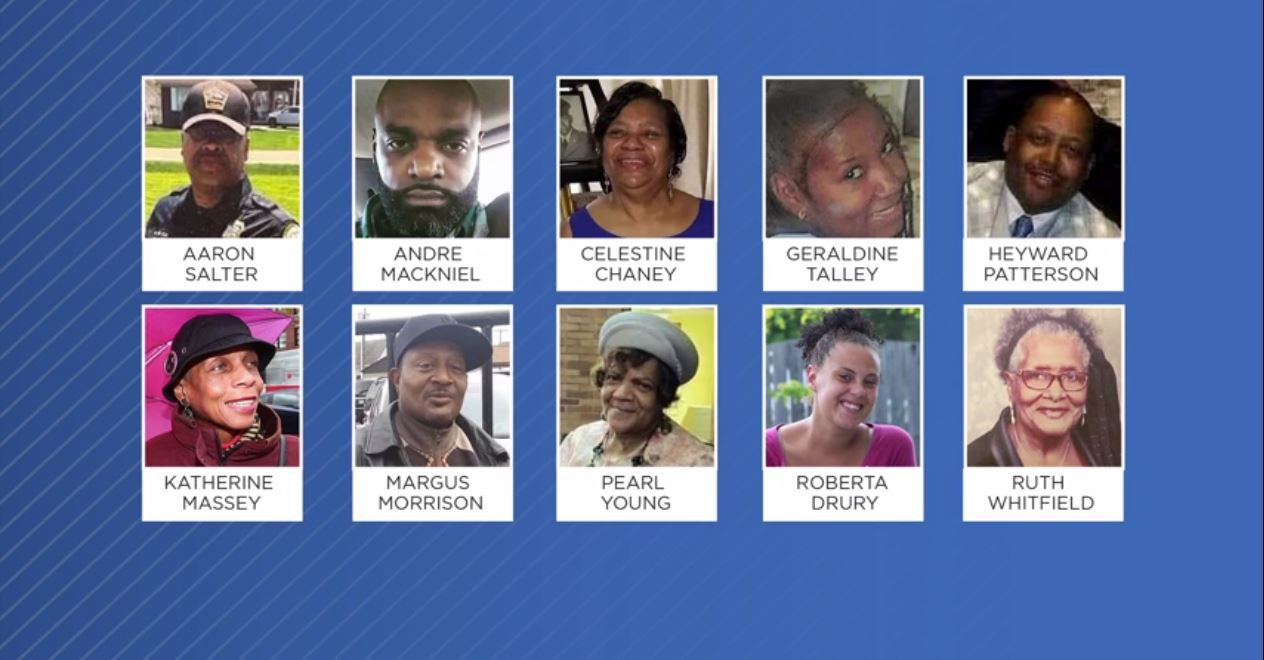
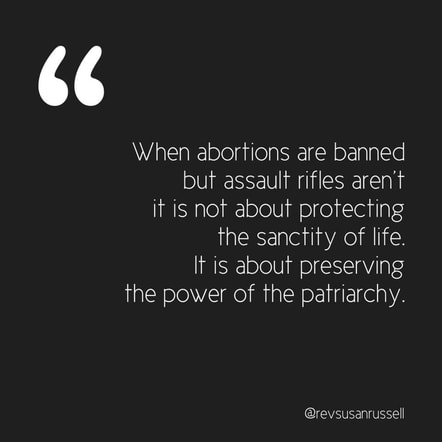
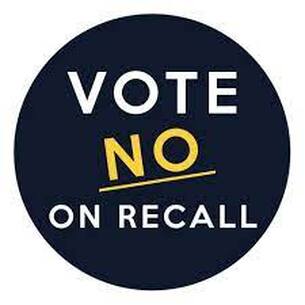
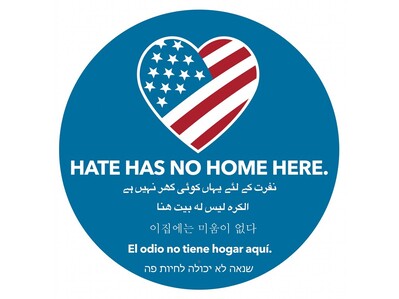
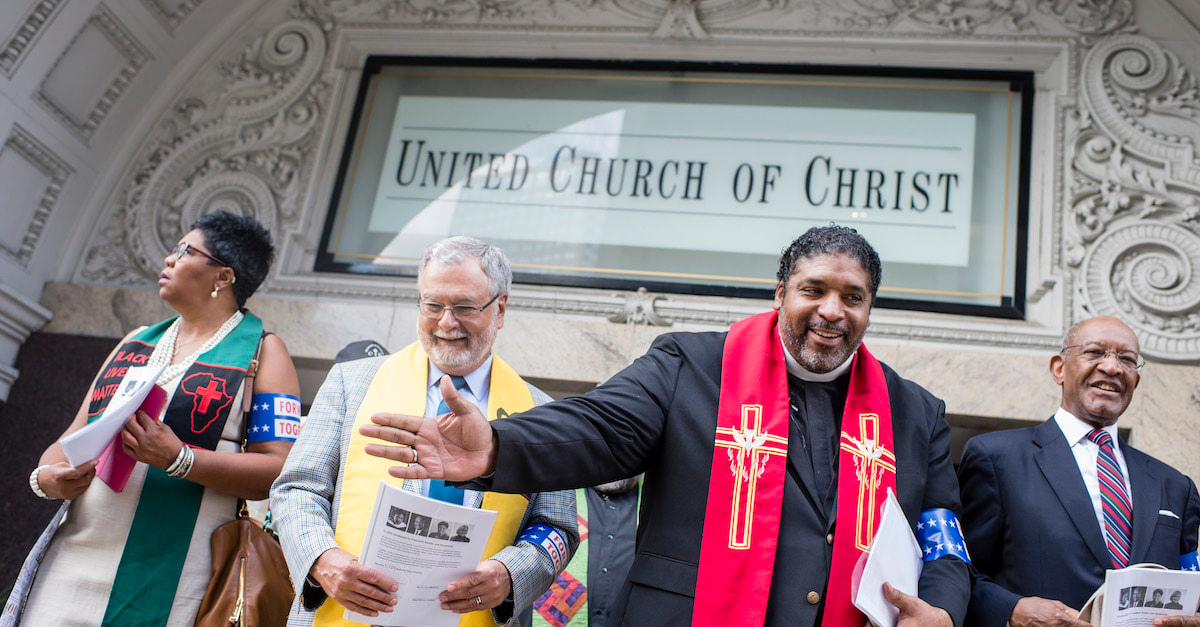
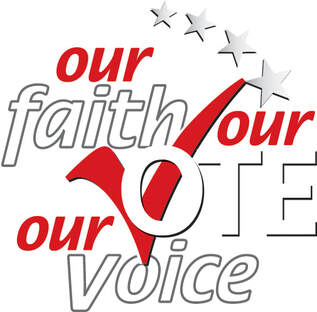
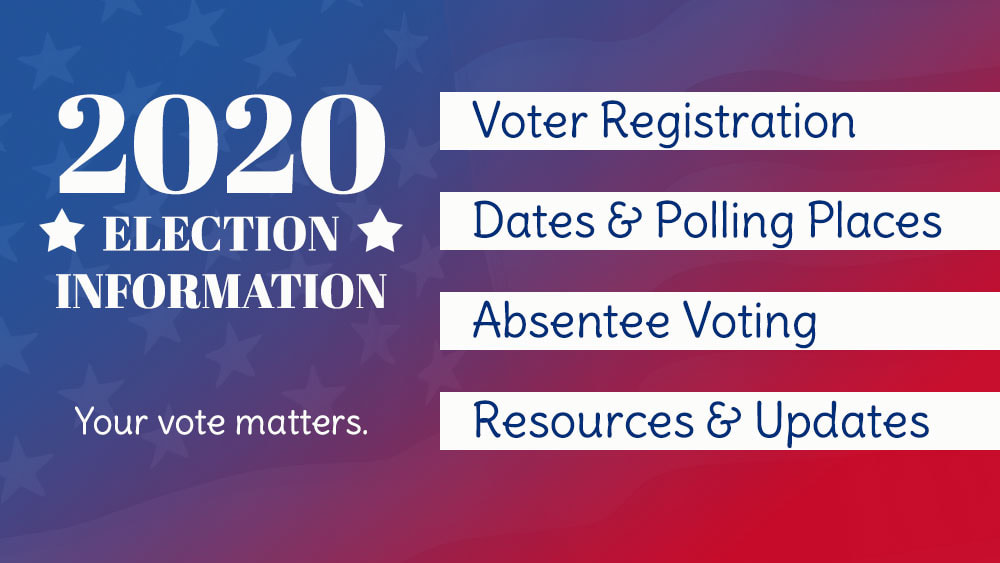
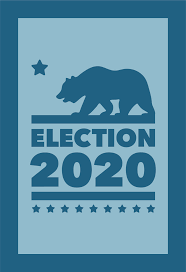

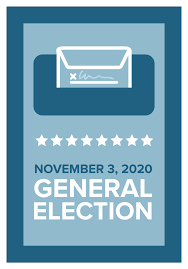
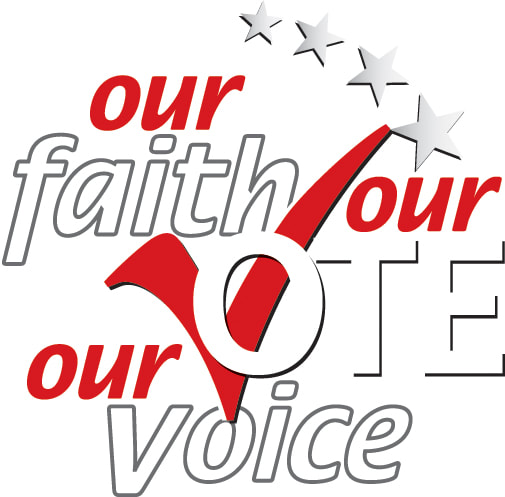
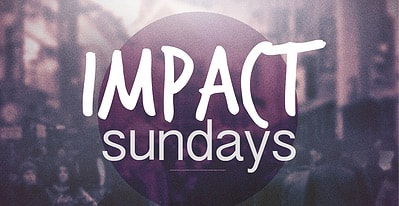
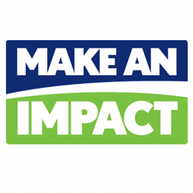
 RSS Feed
RSS Feed